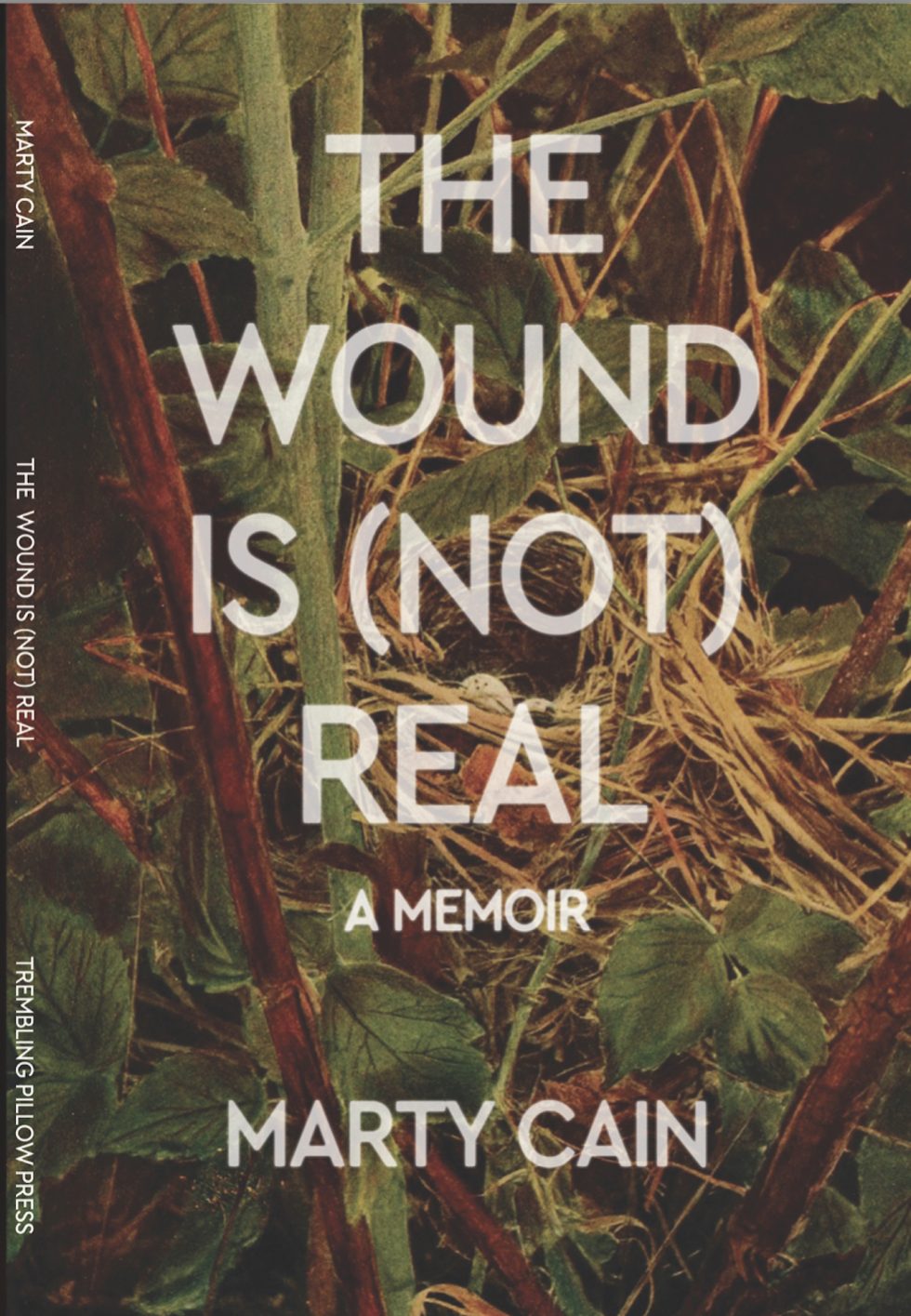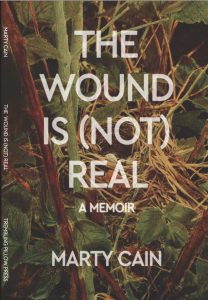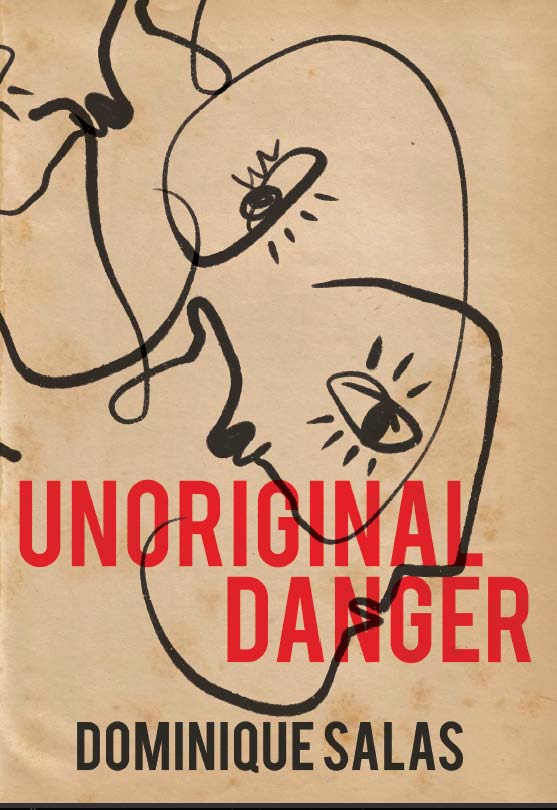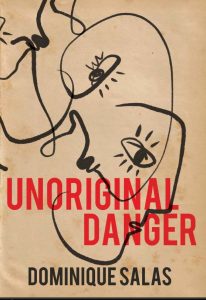The Wound is (Not) Real: A Memoir


BY MARTY CAIN
$16.00 | JANUARY 2022
ORDER NOW
US DOMESTIC SHIPPING ONLY
EMAIL: EDITOR@TREMBLINGPILLOWPRESS.COM for INTERNATIONAL SHIPPING COSTS
What a dream, this new book by Marty Cain, and, like a dream, how difficult to shake: “one enters the wound and begins singing.” Here is Vermont as omphalos, scene of birth and the crime, site where bile, violence, blood, grief, and the dream are circuited towards and away from the boy-body. I admire the lyric intensity, the gorgeousness of this vision, in which literary tradition is interrogated, personal trauma distends the frameboards and the floorboards with its engorged veins, and beauty is a bolus that rises on the gorge of the throat. Disgorged, adorns the throat.
– Joyelle McSweeney
Marty Cain’s memoir defies—defiles—every convention of the genre: prosaicness, “straight” narrative, realism, a placid belief in Selfhood, and even the “non” of nonfiction. He digs, bloody-knuckled, through the rotting Arcadia of his boyhood and gets to the No of causation, the No of resolution, the No of time. A study of toxic masculinity as much as of vulnerability and violence, this book is tough as nails. Which is to say it is soft, and red, and brutal. It cuts to the quick.
– Aditi Machado
If Marty Cain’s new book, The Wound is (Not) Real: A Memoir, is, as its subtitle suggests, a memoir, it is a wounded memoir, a memoir of and in wounding. It begins with the facts of trauma, a body subject to injury, harassment, and assault. It is attentive to the materiality of this wounding, articulating it “as a condition of trauma and hegemonic oppression (i.e., we are wounded by the glassy fingers of the state).” But it also articulates an Arcadian alternative: the wound “as a space of ECSTATIC PERMEABILITY. Not violence, but contamination; not transcendence, but an orphic entry.” As the shimmering parenthetical in the book’s title suggests, the wound is—and is not—both of these things at once: violence and possibility. I love this book for the way that it sits with that contradiction: refusing both utopian longing and despair. In his rigorous attention to the ambivalence of wounding, Cain articulates an excess to the claustrophobic constraints of the memoir, preeminent genre of bourgeois subjectivity: “A POETICS WHERE PROPERTY DOESN’T EXIST / A POETICS FLOWERING FROM THE NARRATIVE WOUND.”
– Toby Altman
ABOUT THE AUTHOR
 Marty Cain was raised in Marlboro, Vermont. He is the author of Kids of the Black Hole (Trembling Pillow, 2017) and the chapbook Four Essays (Tammy, 2019). His poetry and hybrid works appear in Fence, Denver Quarterly, Poetry Daily, Sink Review, and Best American Experimental Writing 2020, among other publications. He holds an M.F.A from the University of Mississippi, and is currently a Ph.D candidate at Cornell University, where he’s writing a dissertation on rural poetry collectives. With Kina Viola, he co-edits Garden-Door Press in Ithaca, New York.
Marty Cain was raised in Marlboro, Vermont. He is the author of Kids of the Black Hole (Trembling Pillow, 2017) and the chapbook Four Essays (Tammy, 2019). His poetry and hybrid works appear in Fence, Denver Quarterly, Poetry Daily, Sink Review, and Best American Experimental Writing 2020, among other publications. He holds an M.F.A from the University of Mississippi, and is currently a Ph.D candidate at Cornell University, where he’s writing a dissertation on rural poetry collectives. With Kina Viola, he co-edits Garden-Door Press in Ithaca, New York.


 by Dominique Salas
by Dominique Salas Dominique Salas is a PhD student at the University of Wisconsin–Madison. She was born and raised in El Paso, Texas.
Dominique Salas is a PhD student at the University of Wisconsin–Madison. She was born and raised in El Paso, Texas.